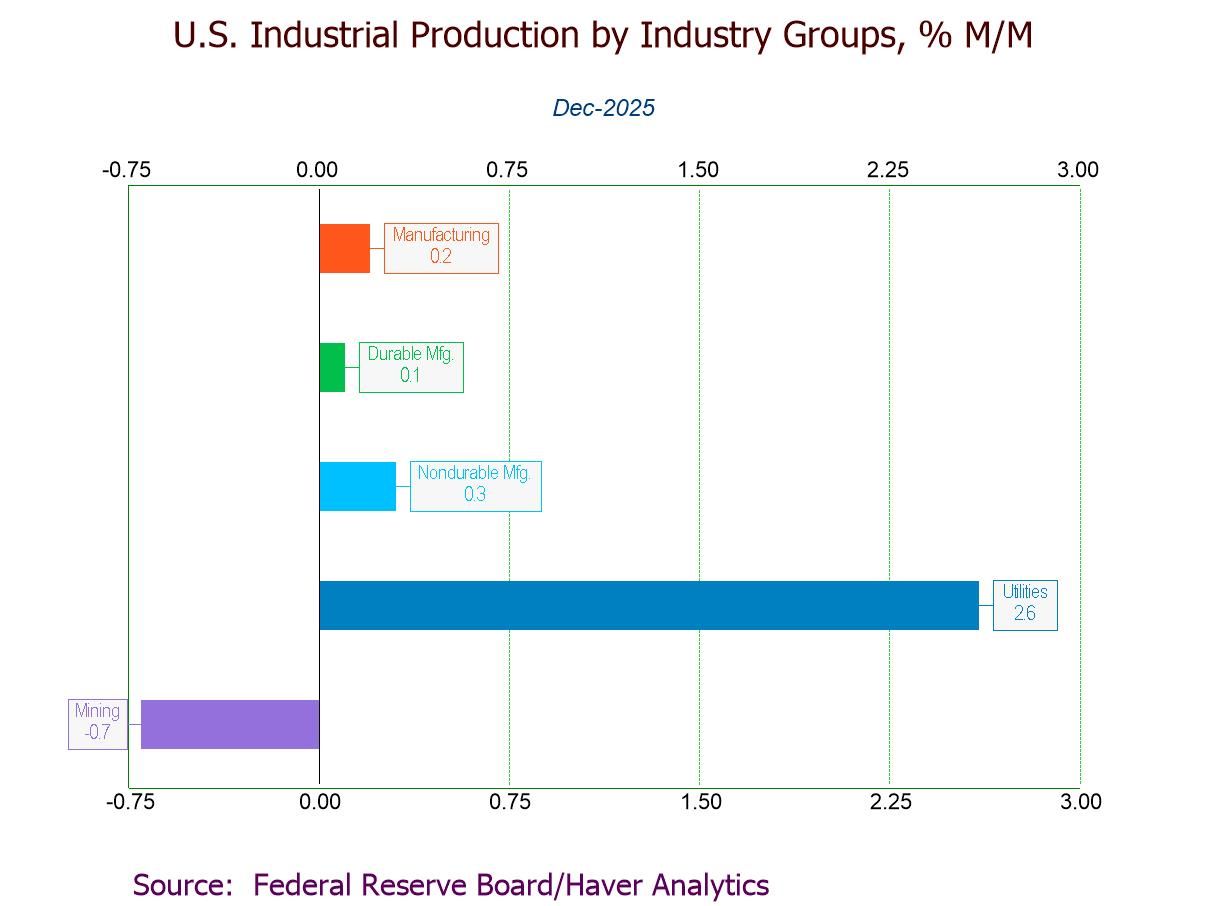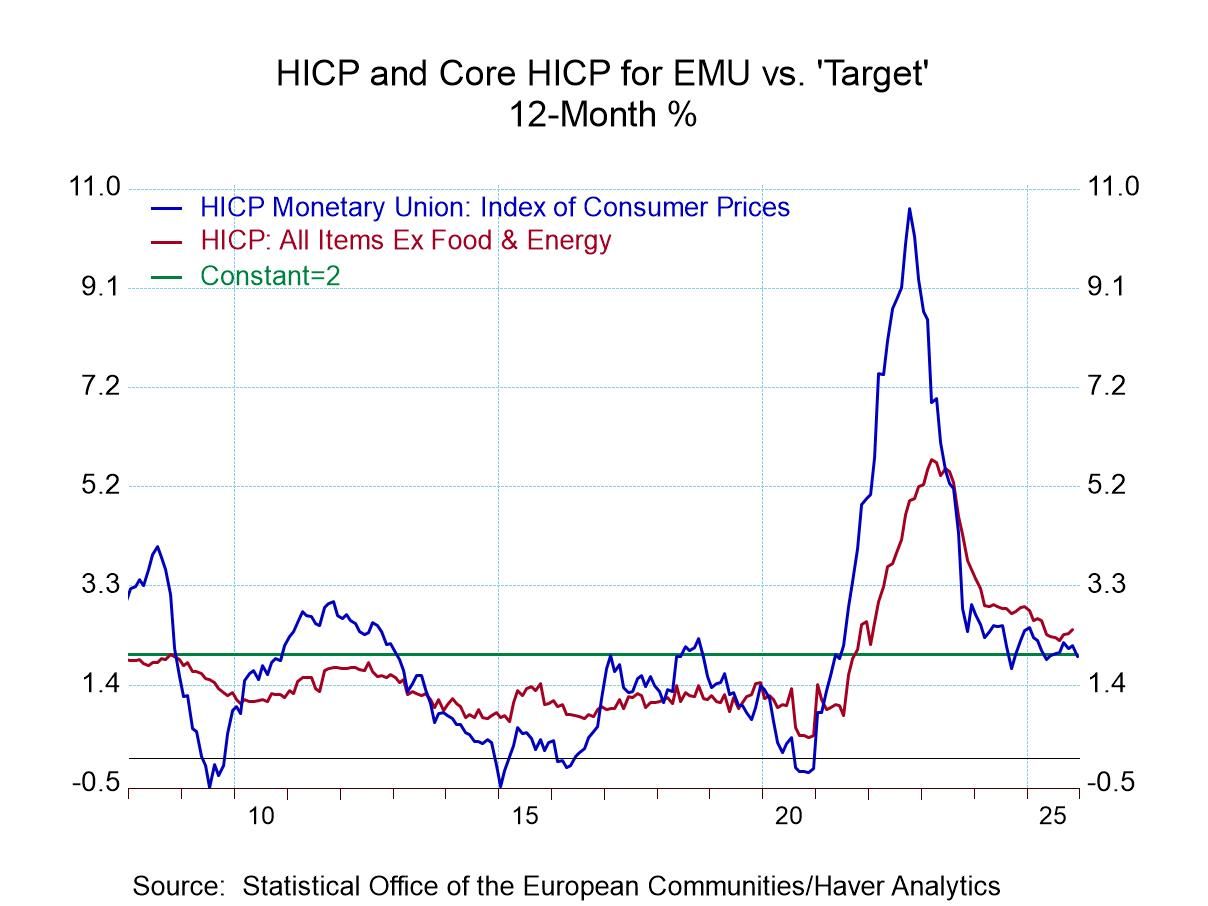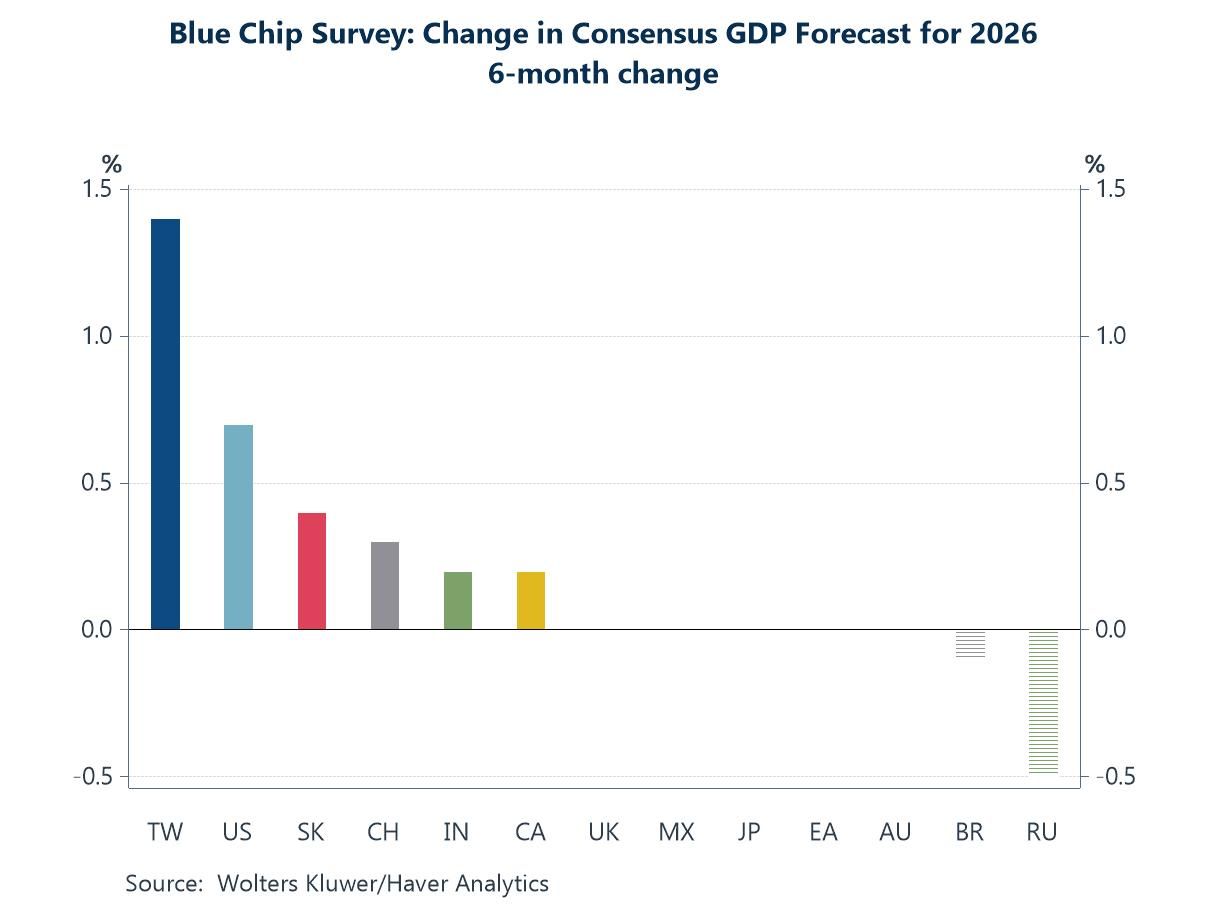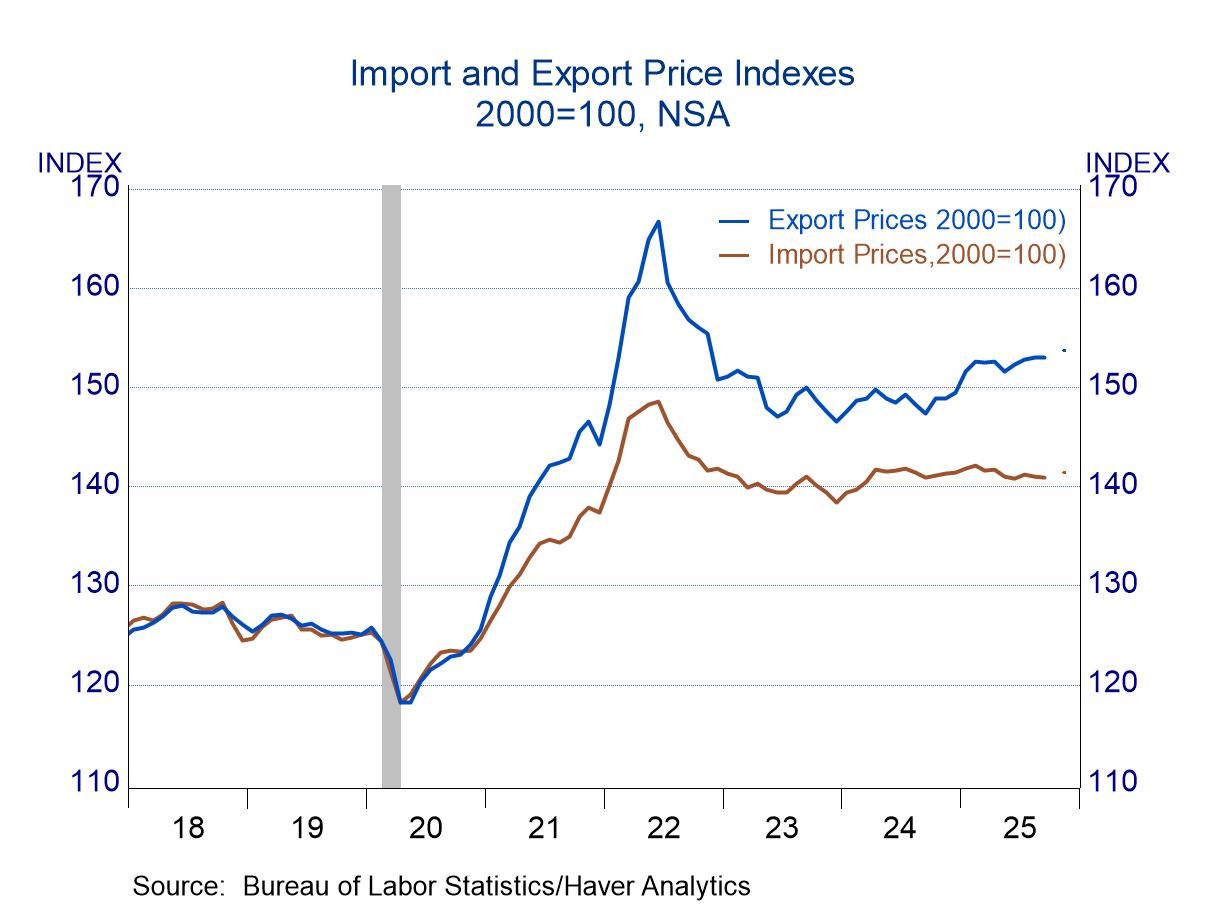U.S. Pending Home Sales Rise in May
by:Tom Moeller
|in:Economy in Brief
Summary
- Rise recaptures part of earlier decline.
- Regional gains are widespread.


The Pending Home Sales Index rose 1.8% in May (1.1% y/y) to 72.6 after falling an unrevised 6.3% in April and rising an unrevised 5.5% in March according to the National Association of Realtors (NAR). The Index remained 42.0% below its most recent peak of 125.1 in October 2021. The index is a forward-looking measure of home sales based on contract signings.
The rise in May pending home sales occurred as the average rate on a 30-year mortgage rose to 6.82% in May after rising to 6.73% in April. These rates remained well above a low of 5.22% in August 2022 and more than double a record-low 2.68% in December 2020.
Pending home sales rose in each of the four major regions of the country last month. Sales in the West increased 6.0% (-1.2% y/y) in May after falling in five of the six prior months. Sales in the Northeast rose 2.1% (-0.5% y/y) after easing 0.6% in April. In the South, sales increased 1.0% (2.0% y/y) following a 7.8% April decline while sales in the Midwest edged 0.3% higher (2.6% y/y) following a 5.0% April weakening.
The pending home sales index measures sales at the time the contract for the purchase of an existing home is signed, similar to the Census Bureau's new home sales data. In contrast, the National Association of Realtors' existing home sales data are recorded when the sale is closed, which is usually a couple of months after the sales contract has been signed. In developing the pending home sales index, the NAR found that the level of monthly sales contract activity leads the level of closed existing home sales by about two months.
The series dates back to 2001 and are available in Haver's PREALTOR database. Weekly mortgage interest rates from the Mortgage Bankers Association can be found in the WEEKLY database.
Tom Moeller
AuthorMore in Author Profile »Prior to joining Haver Analytics in 2000, Mr. Moeller worked as the Economist at Chancellor Capital Management from 1985 to 1999. There, he developed comprehensive economic forecasts and interpreted economic data for equity and fixed income portfolio managers. Also at Chancellor, Mr. Moeller worked as an equity analyst and was responsible for researching and rating companies in the economically sensitive automobile and housing industries for investment in Chancellor’s equity portfolio. Prior to joining Chancellor, Mr. Moeller was an Economist at Citibank from 1979 to 1984. He also analyzed pricing behavior in the metals industry for the Council on Wage and Price Stability in Washington, D.C. In 1999, Mr. Moeller received the award for most accurate forecast from the Forecasters' Club of New York. From 1990 to 1992 he was President of the New York Association for Business Economists. Mr. Moeller earned an M.B.A. in Finance from Fordham University, where he graduated in 1987. He holds a Bachelor of Arts in Economics from George Washington University.






 Global
Global